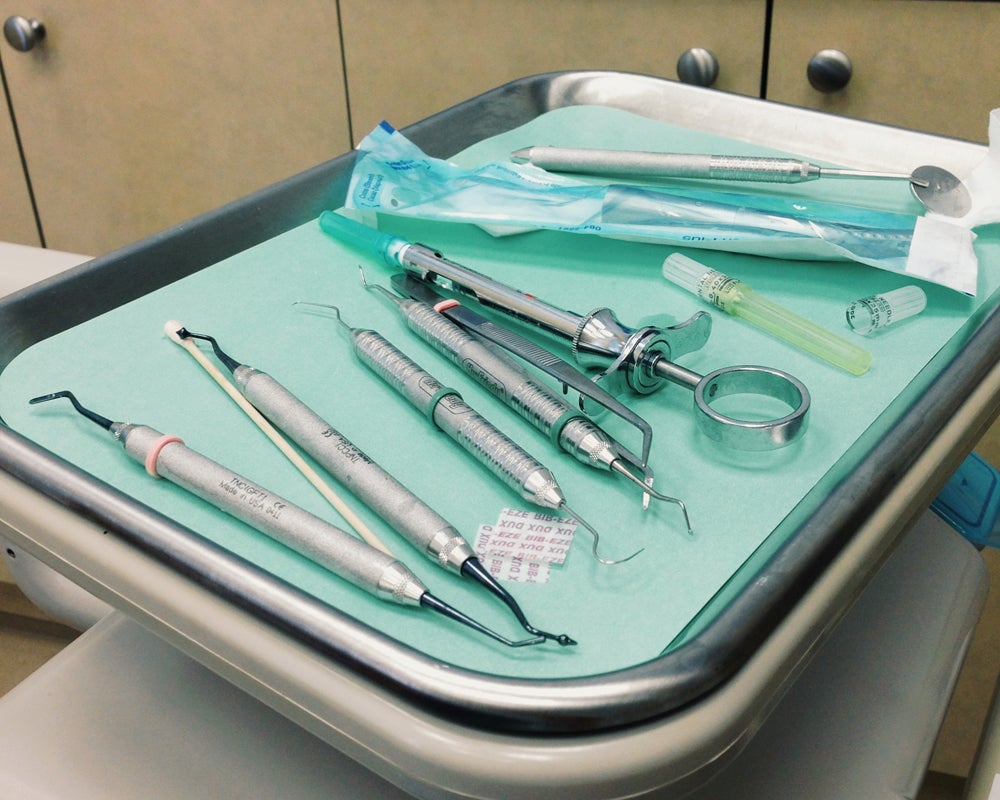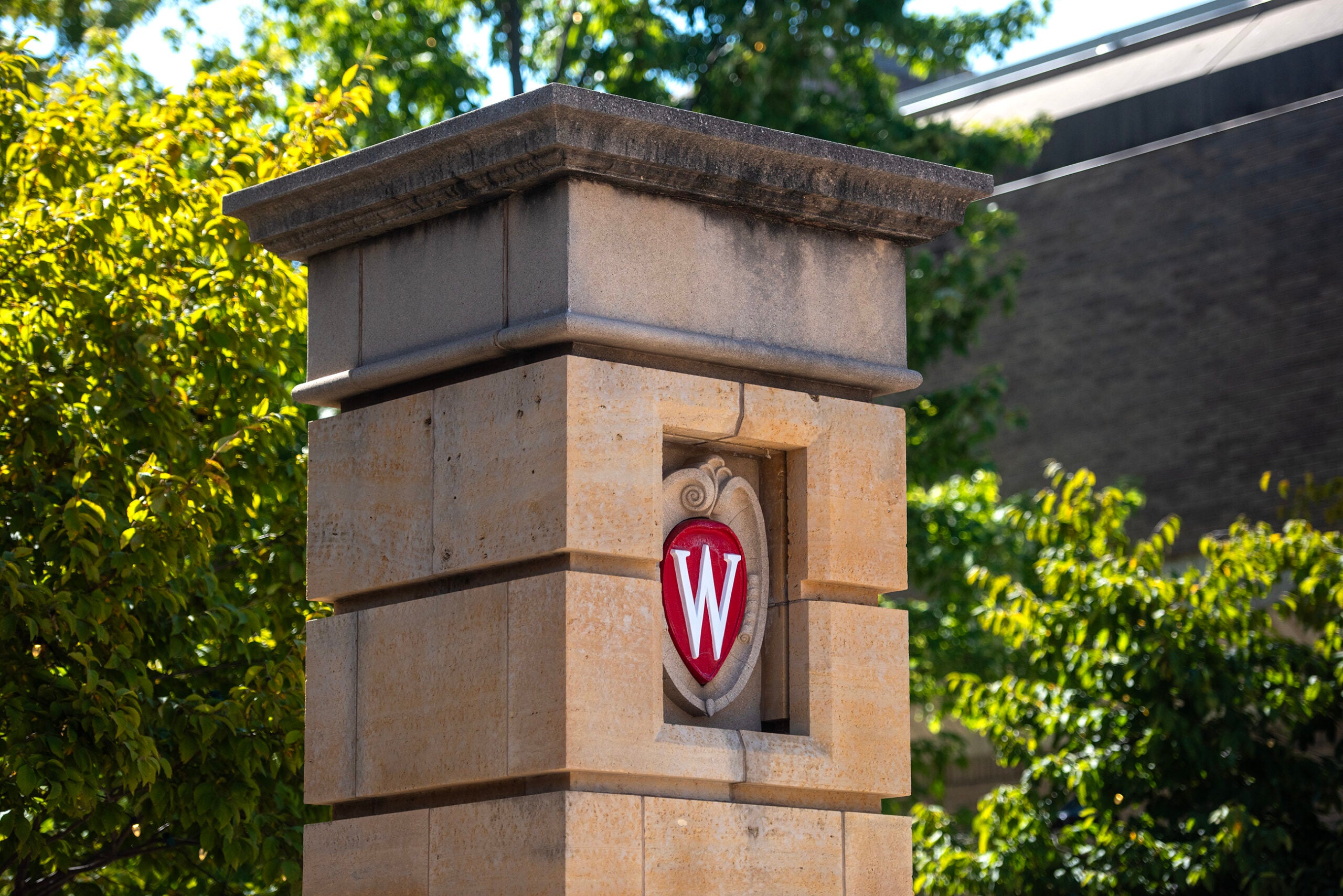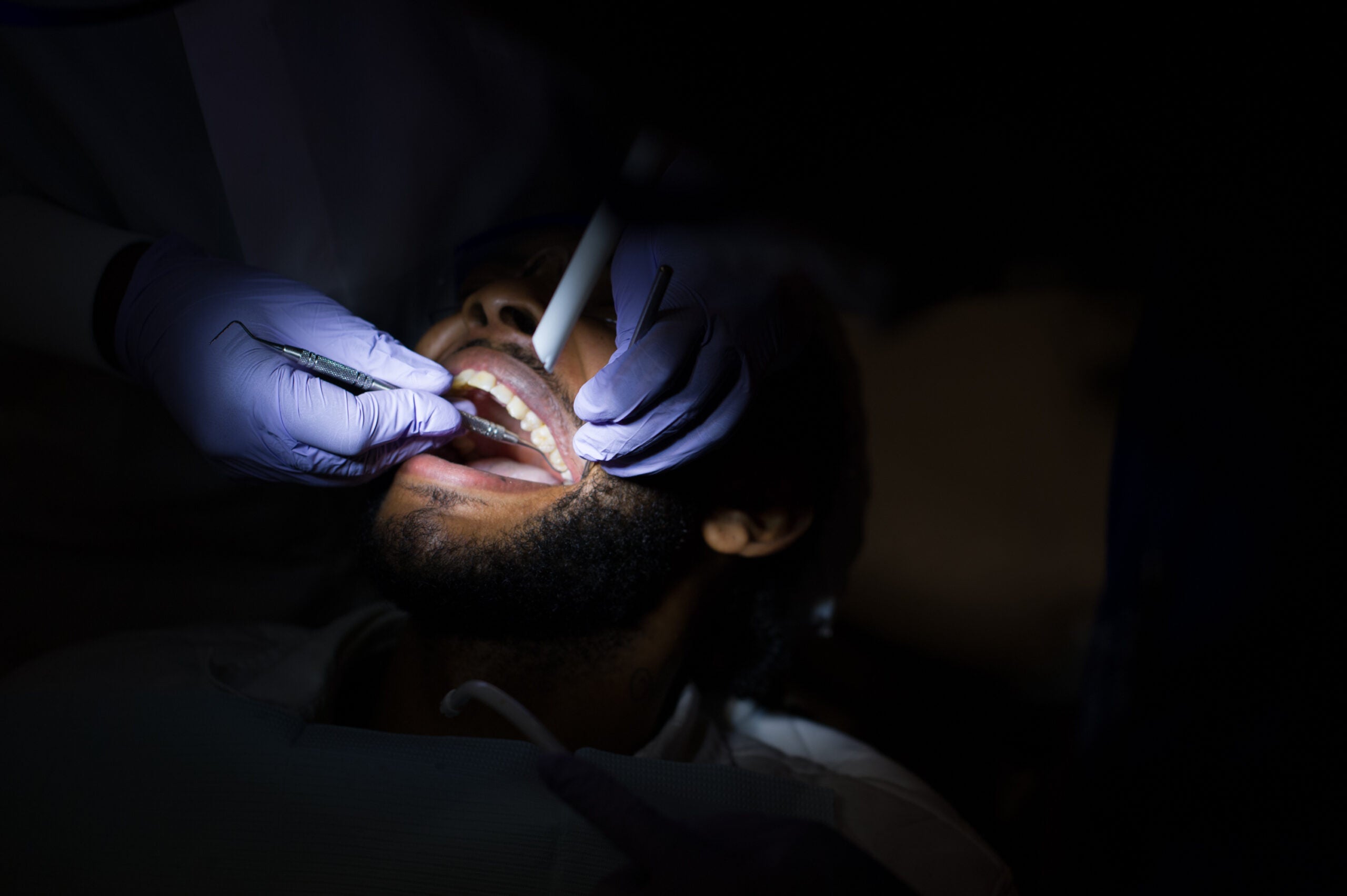Leaders at Wisconsin’s technical colleges said new state grant funding will help them meet the high demand for new dental professionals.
The state Legislature’s Joint Finance Committee released just under $20 million in state funding during their meeting on Tuesday. The money was allocated to oral health care workforce grants through a bipartisan bill passed by state lawmakers in January.
The funding is in response to a shortage of dental care workers in Wisconsin. Federal data from January shows 34 of the state’s 72 counties have a dental health professional shortage, according to the Legislative Fiscal Bureau.
News with a little more humanity
WPR’s “Wisconsin Today” newsletter keeps you connected to the state you love without feeling overwhelmed. No paywall. No agenda. No corporate filter.
That shortage is what drove Lakeshore Technical College in Manitowoc County to establish a new dental hygienist program. It will serve 10 students annually starting in 2026.
Meredith Sauer, vice president of instruction at Lakeshore, said the college began planning for the hygienist program last fall as a way to “be a part of the solution” for the worker shortage.
“We assessed what those costs were and as a college, we were prepared to move forward and begin to seek how we’re going to do that,” she said. “So this was really a great opportunity for us.”
Sauer said the $1.2 million grant from the state will go toward a remodel of the college’s dental clinic, including updating outdated equipment and adding dental chairs to accommodate more students. She said the expansion will allow them to add the new hygienist degree without reducing enrollment in their dental assistant program, which currently uses the clinic.
She said Lakeshore already has current and former students inquiring about the new program.
“Personally, I go to my dentist and the assistants are really grateful that they’ve heard we’re bringing back dental hygiene,” Sauer said. “They’ve been in the field now for a little while after their dental assistant training, and they’re ready to come back and take that next step.”
Funding will kickstart training for new kind of dental provider
Northcentral Technical College in Wausau will receive the largest grant at $2.2 million. The college will create the state’s first dental therapy training program, a new mid-level provider that was approved for licensure by the state Legislature in January.
Angela Roesler, NTC’s dean of health sciences and community services, said efforts to bring the licensure to the state took around eight years and have been driven by needs in the state’s rural communities.
“Rural areas are lacking in oral health care,” she said. “The dental therapist pathway is really created to provide additional practitioners to our rural communities and meet the needs of those patients to optimize their overall health.”
Roesler said developing the new program, which could begin as early as fall of 2025, would not have been possible without funding from the state. She said the grant will add eight chairs to NTC’s dental clinic, which Roesler said is currently at capacity, and create a dental simulation lab to allow students to practice higher level skills.
She said they plan to hire a dentist to oversee the program, allowing students to provide restorative care as well as preventative services to the more than 1,000 patients the clinic serves annually.
The college will also add an expanded function dental auxiliary, or EFDA, certificate program. The new advanced certificate increases the scope of practice for dental assistants or auxiliaries.
NTC is one of five technical colleges using the state grants to add an EFDA certificate program. Fox Valley Technical College plans to launch their program in fall of 2025. Ben McKenzie, dean of Fox Valley’s health division, said they have seen a high level of interest in the program from local dental clinics hoping to hire assistants with the advanced certificate.
“Because of the (state) grant funds, we were able to figure out how we’ll be able to work in that program,” he said. “We’re going to implement 12 dental simulators, which will be highly used in the EFDA program. Once they’re installed, we’ll be able to really do the core scheduling and get the training needs for the students.”
McKenzie said Fox Valley has already expanded the number of dental hygiene students they accept, going from 15 students to 24 in the current school year. He said the nearly $1.7 million from the state will also go toward infrastructure upgrades in the dental clinic.
Fox Valley also hopes to soon be able to accept patients with BadgerCare, the state’s public insurance program, McKenzie said. He said the expansion will allow the clinic to better serve people in the community who need dental care.
Wisconsin Public Radio, © Copyright 2025, Board of Regents of the University of Wisconsin System and Wisconsin Educational Communications Board.







